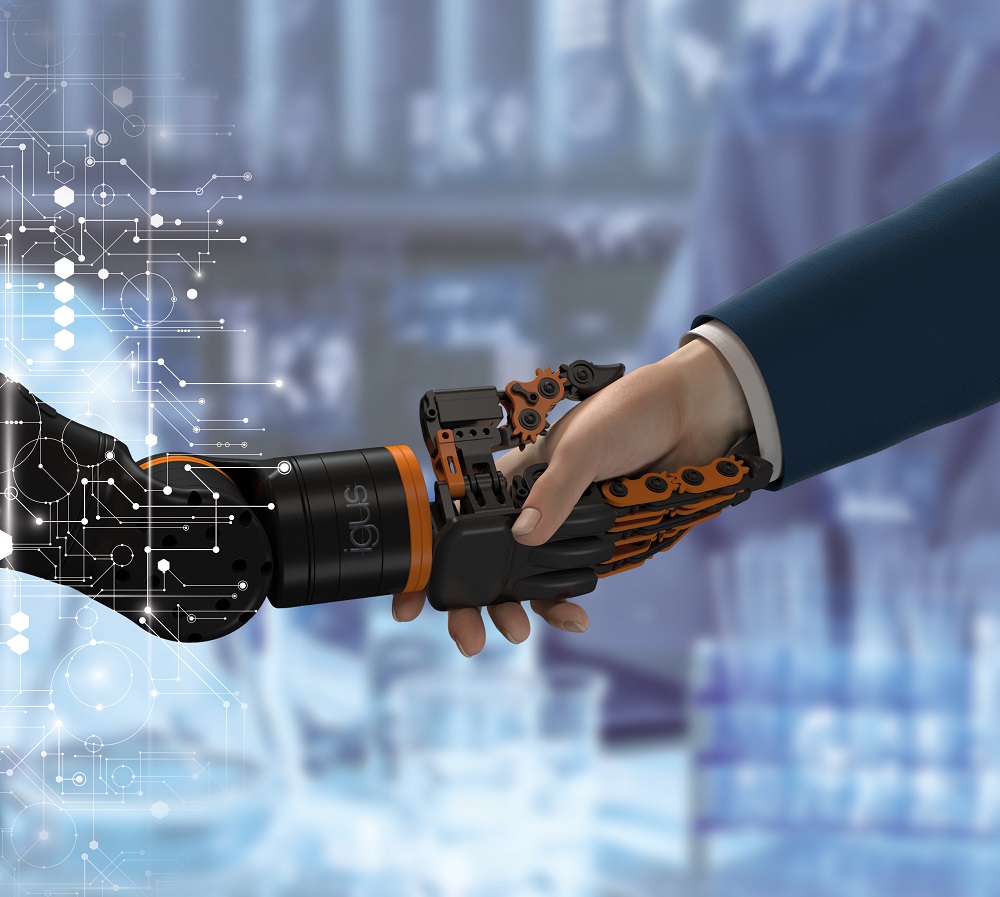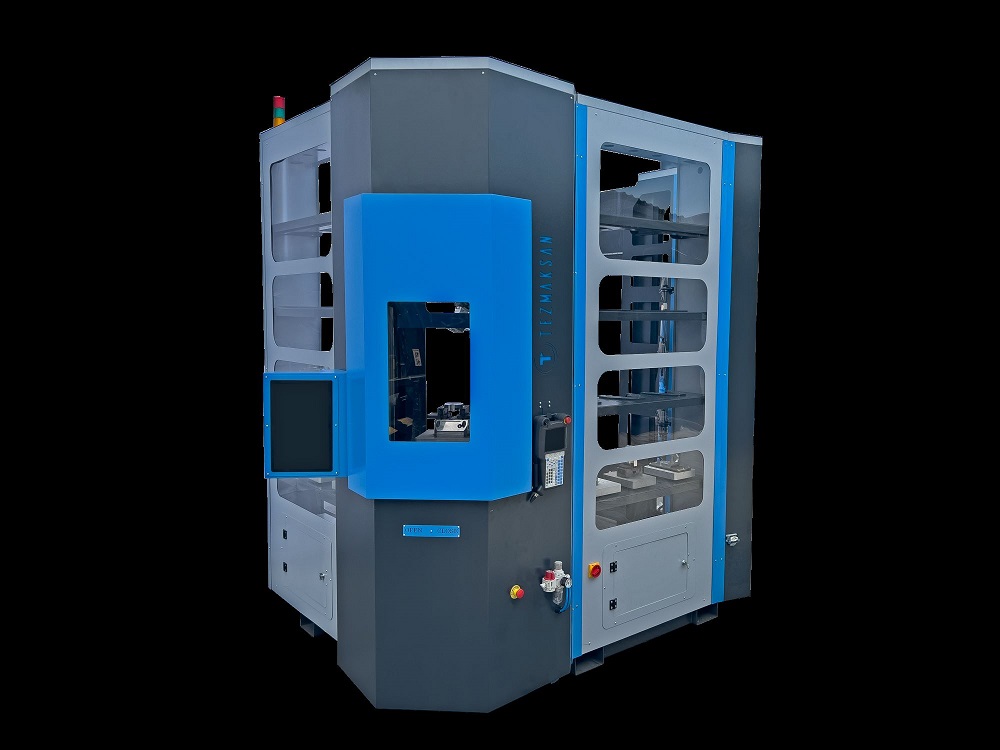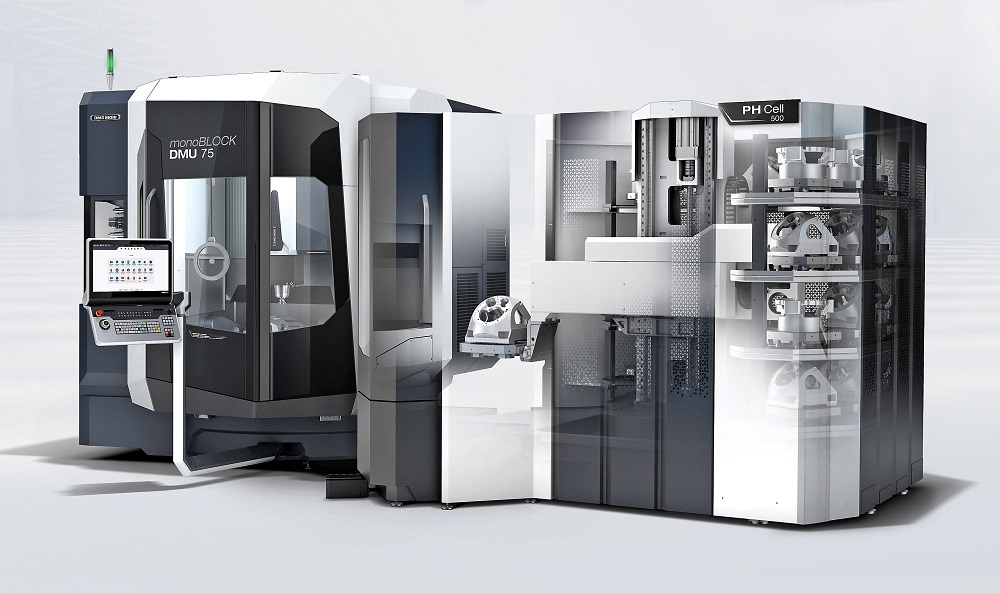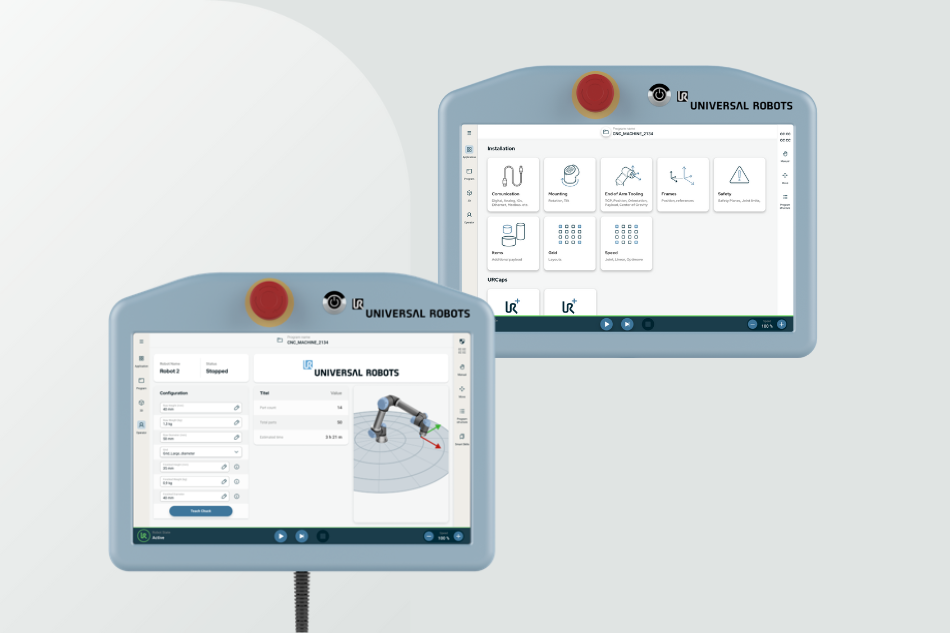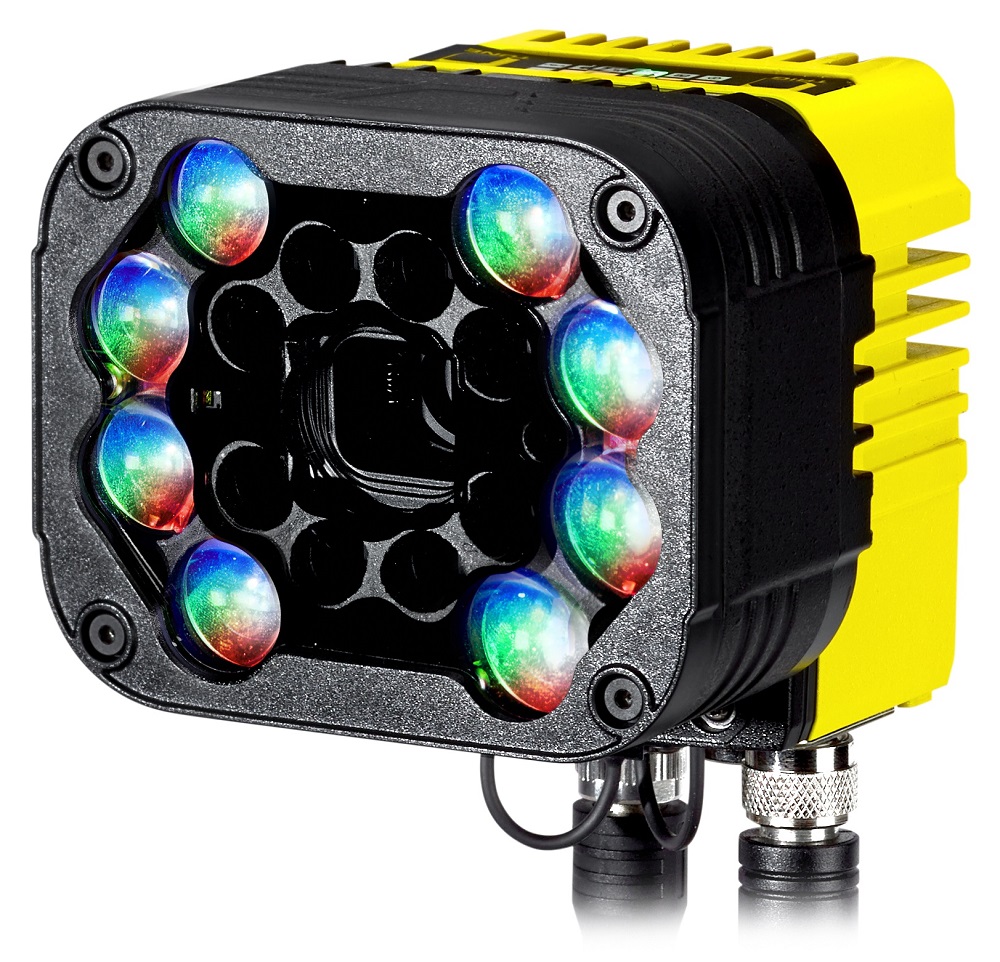The igus ReBeL cobot (collaborative robot) now has a humanoid hand made of lubrication-free plastics, making it cost-effective and easy to integrate.ReBeL is a compact and lightweight cobot that makes it possible to enter the world of robotics with relatively low investment, making it suitable for assembly tasks, quality inspectionand in-service applications.
“Since the ReBeL is light and affordable, with a weight of around 8 kg and starting from £4200, it’s usedwidely in applications that humans would normally perform,” says Adam Sanjurgo, low-cost automation manager at Igus UK. “For this reason, we received several customer enquiries for a robotic hand that could easily connect to the ReBeL via plug-and-play.”
The ReBeL finger gripper, which can imitate human hand movements, is available from £2668 and is compatible with all ReBeL models.
“With the new low-cost hand, the ReBeL can perform a wide range of simple humanoid tasks and applications, especially in research and development departments,” says Sanjurgo.
As a point of note, Igus delivers all components directly, including flange mount, cables and the control system. The low price is partly due to the use lubrication-free plastics. The plain bearings in the joints, made of ‘Iglidur’,are not only cost-effective and lubrication-free, but also enable smooth and precise movements of the individual fingers, report Igus.
Extensive testing atthe company’s Cologne laboratory in Germany guarantees long life of the humanoid hand. Igus says it is extremely flexible, with control via various interfaces that include including USB, TTL (5 V) serial and internal scripting.
For further information www.igus.co.uk






